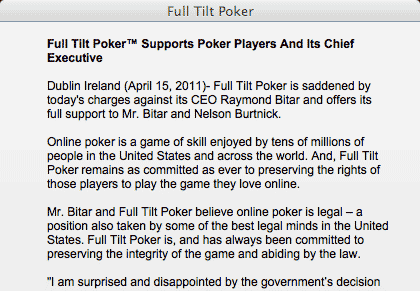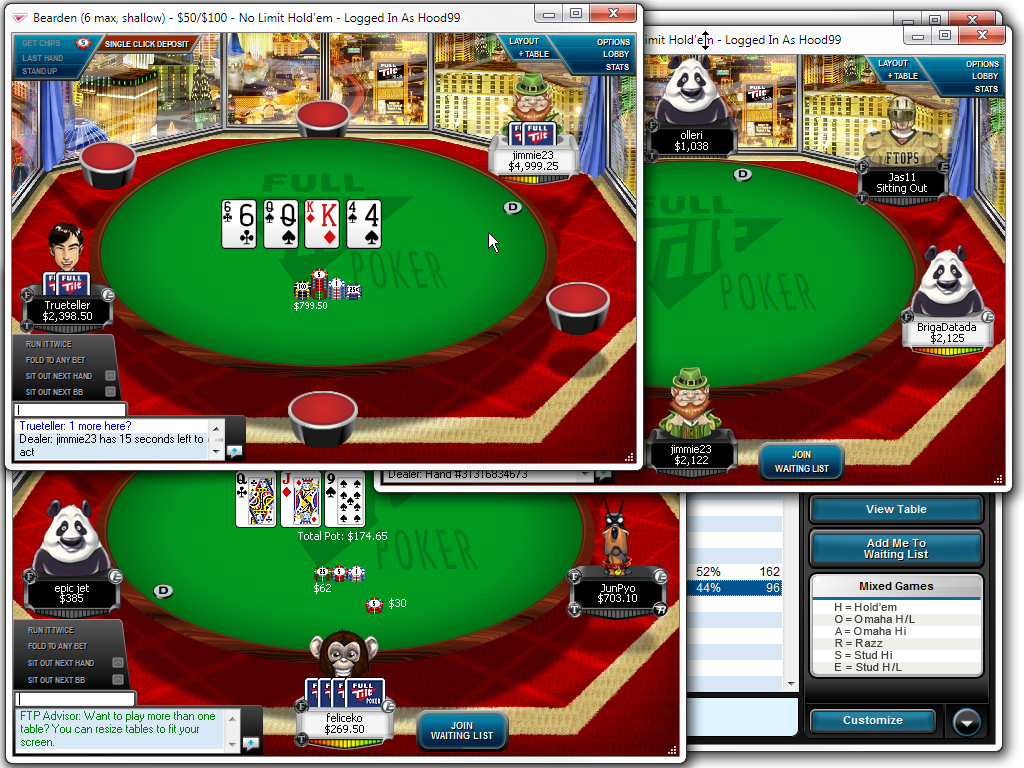Full Tilt Poker Legal In Us 3,7/5 2857 votes
- Full Tilt Poker Legal In Us
- Is Full Tilt Poker Legal In Us
- Is Full Tilt Poker Legal In Us
- Is Full Tilt Poker Legal In Usa
Although Full Tilt Poker US is no more, there are a number of alternatives for Americans wanting to play online poker in the USA. Currently, players can choose to head to 888poker, partypoker. PokerStars, Full Tilt Poker, and Absolute Poker were explicitly targeted by the “Black Friday” crackdown on U.S. Online poker in April 2011. The investigators had the cooperation of Daniel Tzvetkoff, who was familiar with the billing and payments.
It’s been more than five years since the US Department of Justice shut down the major online poker sites operating in the US. Black Friday in 2011 caught American online poker players completely unaware and cut off from their online poker accounts at Full Tilt Poker.
For 97 percent of complainants, the fight to reclaim that money is now over, including another 1,000 people who received the good news that their remission claims had been approved just six weeks ago.
The latest round of Full Tilt claims
In October, the Garden City Group (GCG) — selected by the DOJ to handle the remission process way back in 2013 — announced the ninth and likely final wave of refunds to affected players. These most recent payments total approximately $2.7 million.
As the remission process dragged on, and fewer and fewer people waited for their refunds, the poker community’s attention waned. This latest update would have likely gone unnoticed if not for Haley Hintze over at Flushdraw.
According to an announcement on the GCG website:
“All Petitions have been reviewed and, with this round of payments, approximately 97% of Petitions will have been paid and 3% have been denied. Accordingly, the Petition for Remission process is now closed and filed Petitions will no longer be accepted.”
This brings the total number of refunded players up to around 45,000, and the total amount of money refunded to roughly $114 million. That is roughly 72 percent of the total amount believed to be owed ($160 million) to US poker players by Full Tilt Poker.
The money paid back for Full Tilt so far

Most of the money was sent in the first wave on Feb. 28, 2014, when GCG sent more than 27,500 players more than $76 million.
The subsequent rounds of payments have been on a much smaller scale, but altogether total a hefty $38 million:
- April 1, 2014: 2,200 players were sent $5 million;
- June 12, 2014: 3,200 players were sent $14 million;
- Sept. 25, 2014: 600 players were sent $1.8 million;
- March 31, 2015: 3,500 players were sent $2.5 million;
- June 4, 2015: 2,000 players were sent $4.3 million;
- Oct. 5, 2015: 1,900 players were sent $5.5 million;
- March 11, 2016: 1,180 players were sent $2.6 million;
- Oct. 28, 2016: 1,000 players were sent $2.7 million.
At the end of the remission process, any unpaid money will be split between the Department of Justice and Garden City Group.
Unfiled Full Tilt remission claims

The total number of players owed money by Full Tilt Poker isn’t known. However it’s likely substantially more than the number of former Full Tilt customers who filed claims.
It’s widely believed that the significant difference between the money owed to US players and the amount repaid during the remission process has to do with a significant number of accounts with small balances that never filed a claim with the GCG, for any number of reasons, including:
- Not wanting to deal with the hassle of the claims process for such a small amount of money;
- Dormant accounts that were unaware there was a remission process;
- Dormant accounts that were unaware they had any money in FTP accounts.
But these small balance accounts don’t account for the entirety of the $46 million or so dollars still unpaid.
Outstanding Full Tilt claims and appeals
There is still a possibility that GCG and DOJ could approve more of the roughly 1,600 remission claims that have been denied by GCG.
Full Tilt Poker Legal In Us
“GCG will continue to work with the Department of Justice to evaluate appeals, and any previously denied Petitions that are determined to be payable will be included in an upcoming distribution,” the GCG Full Tilt remission website states.
Many of the denied accounts are believed to be sizable, as denied claims were mainly sponsored professionals and large affiliates, along with claims with informational errors.
Is Full Tilt Poker Legal In Us
However, after several rounds of appeals, spanning a period of nearly three years, it’s unlikely many of these claims will suddenly be approved.
How a Decade of US Laws Changed Online Poker

Before 2011, the United States comprised the largest online poker market in the world. Hundreds of poker sites catered to the millions of American players.

The US government began to crack down on the unfettered internet poker market in 2006 with the Unlawful Internet Gambling Enforcement Act (UIGEA), which drove many sites – including PartyPoker – away from players based in the 50 states. And the indictments of Black Friday – April 15, 2011 – involving executives at PokerStars, Full Tilt Poker, Absolute Poker, and UltimateBet were the final straws in that crumbling haystack. Two of those four sites disappeared altogether, Full Tilt was discovered to be corrupt and bankrupt, and PokerStars was ousted from the US market while also paying a hefty price in financial settlements and business.
Approximately seven months after Black Friday, the US Department of Justice answered a request to clarify the 1961 Wire Act, and its ruling changed American gaming as it pertained to the internet. The new interpretation of the longstanding law held that it did not apply to online lotteries and other types of gaming, which meant that states suddenly had the authority to legalize online poker.
Three states addressed the issue within two years of the ruling, and another state legalized online poker more recently:
Is Full Tilt Poker Legal In Us

- Nevada legalized online poker.
- Delaware legalized online poker and casino games.
- New Jersey legalized online poker and casino games.
- Pennsylvania legalized online poker and casino games.
Meanwhile, other states made sure their laws specifically outlawed online gambling. States like Hawaii and Utah long before decided against legalizing any type of gambling, but other states chose to add wording to their statutes that mentioned gaming on the internet.
50 States, 50 Sets of Laws
Is Full Tilt Poker Legal In Usa
Most of the 50 states make no mention of online poker or internet casino games whatsoever in their statutes. This leaves the laws up to legal and judicial interpretation. Few states have found any clarification in the courts due to state officials hesitant to prosecute online gambling-related crimes. The site operators are located offshore, state laws are often unclear, and cases could be costly.
All of it can be confusing for players.
This is the reason this site’s management decided to provide a resource for players. While none of the state pages are intended to serve as legal advice, they do offer summaries of the laws in which poker and online gambling are mentioned, as well as links to state resources.